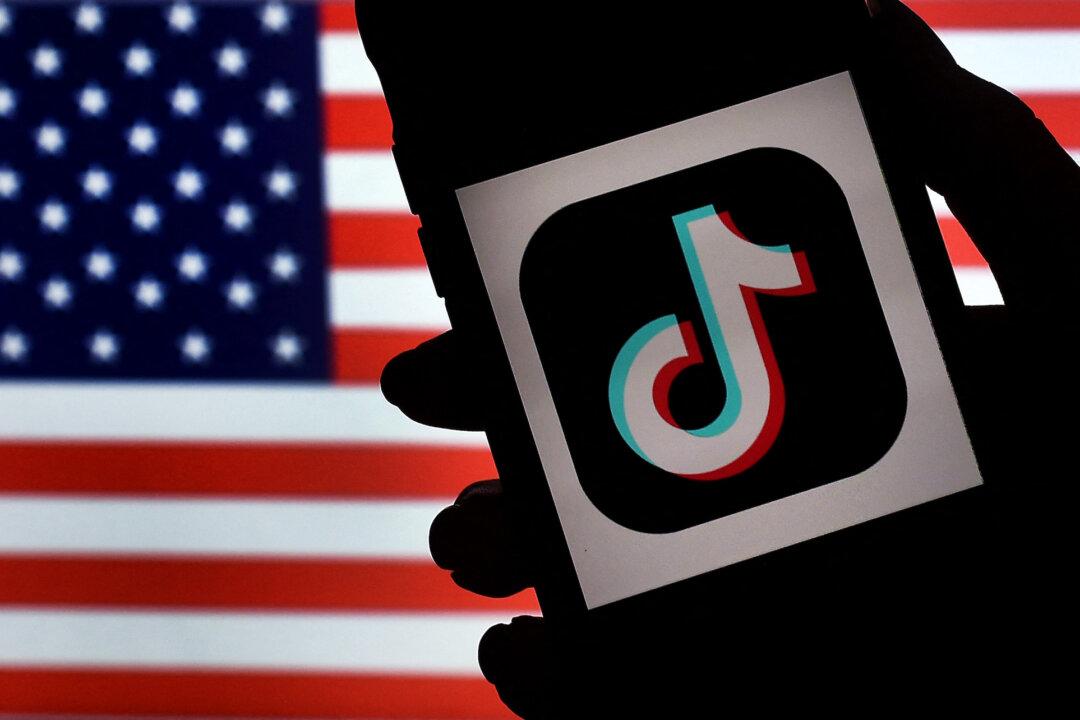Montana has become the first U.S. state to impose a complete ban on TikTok, a Chinese-owned video-sharing platform that’s popular among both youth and adults in the United States.
Gov. Greg Gianforte signed Senate Bill 419 on Wednesday. The ban on TikTok goes into effect on Jan. 1, 2024—unless Congress passes a national law overriding it, or TikTok cuts its ties with China.




